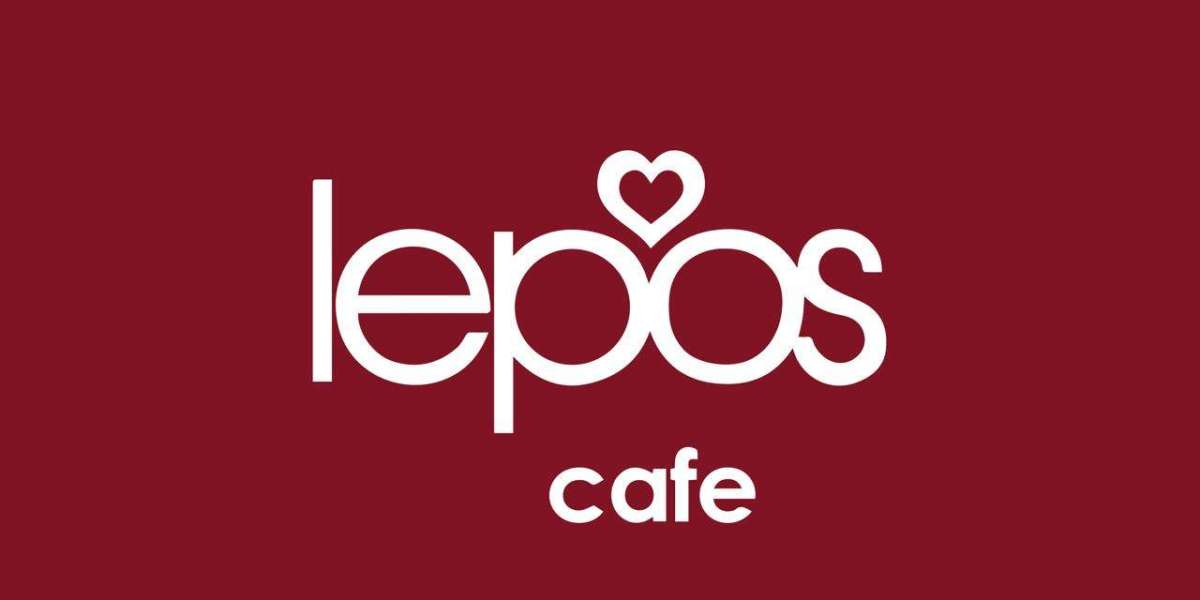When it comes to programs designed for individuals with developmental disabilities, the importance of certifications and standards cannot be overstated. These benchmarks ensure that services provided are of the highest quality, tailored to the unique needs of individuals, and compliant with legal and ethical requirements. In this article, we’ll explore why certifications and standards are vital for programs for disabled people, the organizations involved in their creation, and how these guidelines benefit both providers and individuals with disabilities.
Why Certifications and Standards Matter
Programs for individuals with developmental disabilities serve a diverse population, ranging from children to adults, each with varying needs. The individuals benefiting from these programs may have intellectual disabilities, autism, physical impairments, or other conditions that affect their daily lives and learning processes. In such a dynamic field, where one-size-fits-all solutions rarely work, certifications and standards are essential for ensuring the following:
- Quality Assurance
Certifications and standards set clear expectations for the quality of services that should be provided. They ensure that the programs are effective, evidence-based, and designed to meet the specific needs of individuals with developmental disabilities. - Consistency Across Providers
Certification programs promote consistency across different providers, ensuring that regardless of where individuals receive services, they experience a similar level of care and support. This reduces variability in service delivery, allowing individuals to benefit from structured, well-established programs wherever they are located. - Protection and Advocacy
With certifications in place, there is a mechanism to hold service providers accountable. Families and caregivers can be confident that a certified program adheres to best practices and provides a safe environment for individuals with developmental disabilities. In case of issues, certifications act as an added layer of advocacy for the individuals in care. - Adherence to Legal and Ethical Standards
Legal and ethical considerations are paramount in providing services to vulnerable populations. Programs that are certified adhere to established laws and ethical guidelines, such as the Americans with Disabilities Act (ADA), ensuring that individuals with disabilities are treated fairly, with respect and dignity.
Major Organizations Behind Certifications and Standards
Several key organizations are responsible for developing and overseeing certifications and standards in programs for individuals with developmental disabilities. These organizations work with both local and national bodies to establish comprehensive guidelines that service providers must meet. Some of the most influential entities include:
- The National Association of Developmental Disabilities (NADD)
The NADD is dedicated to promoting high standards of practice in the field of developmental disabilities. The organization provides certification for professionals working in the field, ensuring they possess the knowledge and skills required to deliver quality care. NADD standards encompass aspects such as behavior support, health and wellness, and vocational training. - The Council on Quality and Leadership (CQL)
CQL is another essential body that sets certification standards for services provided to people with developmental disabilities. Their Person-Centered Excellence certification, for example, emphasizes that services must be tailored to each individual’s preferences and needs, focusing on promoting self-determination and community inclusion. CQL also offers guidance on safety, health, and overall program effectiveness. - The Commission on Accreditation of Rehabilitation Facilities (CARF)
CARF is a widely recognized accrediting body that establishes comprehensive standards for organizations offering services to individuals with developmental disabilities. CARF accreditation assures that programs are operating at the highest possible level, meeting rigorous standards of care and service delivery. CARF standards cover a wide range of services, from residential care to day programs and employment support. - State and Local Authorities
In addition to national organizations, state and local governments play an integral role in setting standards for programs within their jurisdictions. They often require providers to comply with local regulations and may oversee certifications or accreditations. These rules can vary based on region, but they work in tandem with national standards to ensure the highest quality of care.
Benefits of Certifications and Standards for Programs
For service providers and individuals with developmental disabilities, certifications and standards offer numerous benefits:
- Enhanced Professionalism and Competence
Certifications ensure that staff members working with individuals with developmental disabilities are well-trained and knowledgeable in their field. This leads to improved care and outcomes for those served. Additionally, certified programs often require continuous education and training, keeping staff updated on the latest best practices and innovations. - Access to Funding and Support
Many government and private funding sources require programs to be certified or accredited before they can receive financial support. Certification provides an avenue for programs to access the funding they need to operate and improve their services. - Improved Outcomes for Individuals with Disabilities
Programs that meet established standards have a better track record of delivering positive outcomes. These outcomes can include enhanced quality of life, greater independence, better social integration, and improved life skills for individuals with developmental disabilities. - Family and Caregiver Confidence
When a program is certified, families and caregivers have greater confidence that the services their loved ones receive are of high quality. Certification ensures that the program has undergone a rigorous review and meets national standards, making it easier for families to make informed decisions.
Challenges in Certification and Standardization
While certifications and standards bring significant benefits, challenges do remain. One common obstacle is the variation in standards between states and countries, which can make it difficult for programs to meet different requirements if they operate in multiple locations. Another challenge is the cost and resources required to maintain certifications. For smaller service providers, especially those in rural areas, meeting these standards can be financially burdensome. Nonetheless, the overall benefits of certification far outweigh the challenges, as they provide a roadmap for programs to improve and provide better care.
Conclusion
Certifications and standards in programs for individuals with developmental disabilities serve as vital tools for ensuring quality, consistency, and accountability. Through the efforts of leading organizations such as NADD, CQL, and CARF, programs can operate at high levels of excellence, providing individuals with the care and support they need to lead fulfilling, independent lives. As these programs continue to evolve, adherence to certifications and standards will remain key to promoting positive outcomes and safeguarding the well-being of individuals with developmental disabilities.



